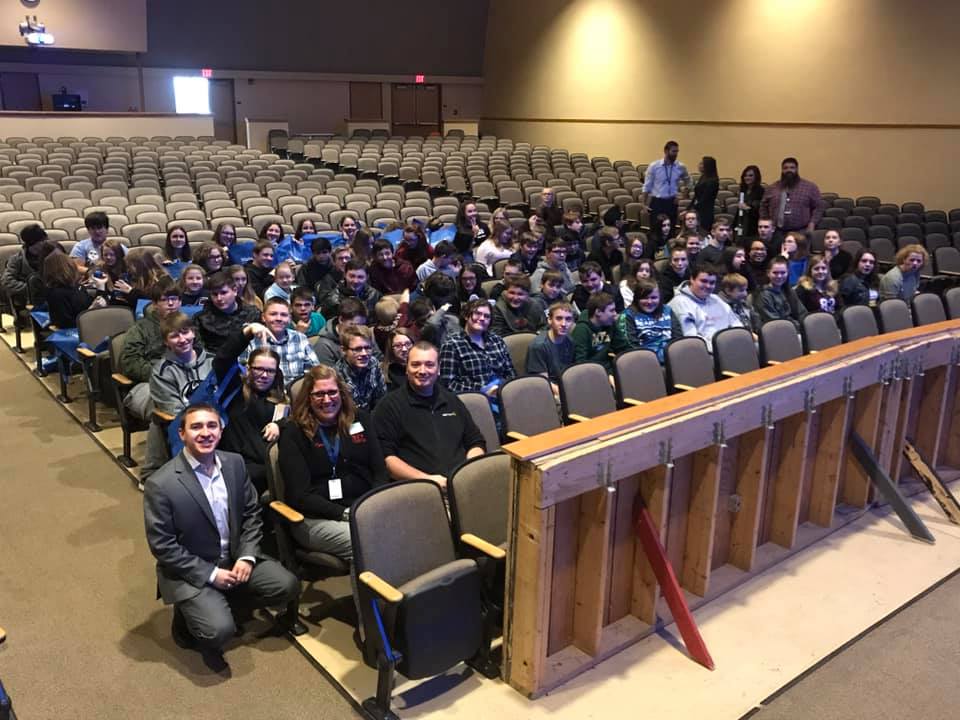In response to the incident that took place at Gifford Pinchot State Park, the Game Commission reminds the public that wildlife cannot be taken from the wild.
Under Pennsylvania law, it is illegal to take or possess wildlife. These laws were put in place to protect both wildlife and humans.
On Saturday, Jan. 12, several deer were seen stuck in a partially-frozen lake at Gifford Pinchot State Park.
Personnel from the Pennsylvania Game Commission, Wellsville Fire Department and state Department of Conservation and Natural Resources assisted in rescuing at least three deer from the ice.
One of the deer was removed from the area by a member of the public. The Game Commission officials who were on the scene were not made aware of the deer’s whereabouts until pictures appeared on social media later that night. The deer died at the home of the individual on Sunday morning.
The situation remains under investigation, and no charges have been filed at this time.
“People want to help wildlife that appears to be in trouble, but what they often don’t realize is that when they attempt to intervene they are making the situation worse through putting the wild animal under significant stress,” said Matthew Schnupp, the Game Commission’s wildlife management director.
“Leaving such an animal alone is the best, most-caring thing you can do for it.”
Proper Wildlife Rehabilitation
Only trained, wildlife rehabilitators, who are licensed by the Game Commission, are permitted to care for injured wildlife for the purposes of eventual release back into the wild.
For those who find wildlife that truly is in need of assistance, a listing of licensed wildlife rehabilitators can be found on the Pennsylvania Association of Wildlife Rehabilitators Web site, www.pawr.com.
If you are unable to identify a wildlife rehabilitator in your area, contact the Game Commission region office that serves the county in which the animal is found so that you can be referred to the appropriate licensed wildlife rehabilitator.
The Game Commission urges Pennsylvanians to resist the urge to interfere with wildlife or remove any wild animal from its natural setting.
Such contact can be harmful to both people and wildlife. Wild animals can lose their natural fear of humans, making it difficult, even impossible, for them to ever again live normally in the wild.
Wildlife that becomes habituated to humans also can pose a public-safety risk. A few years ago, a yearling, six-point buck attacked and severely injured two people.
The investigation into the incident revealed that a neighboring family had illegally taken the deer into their home and fed it as a fawn, and they continued to feed the deer right up until the time of the attack.



